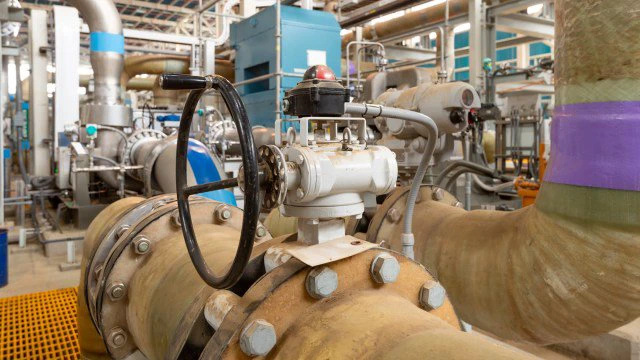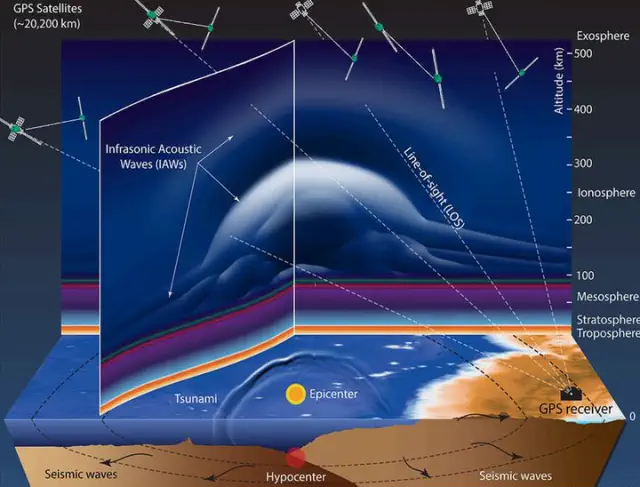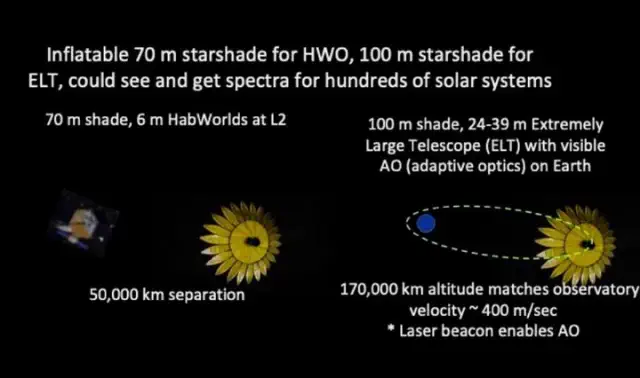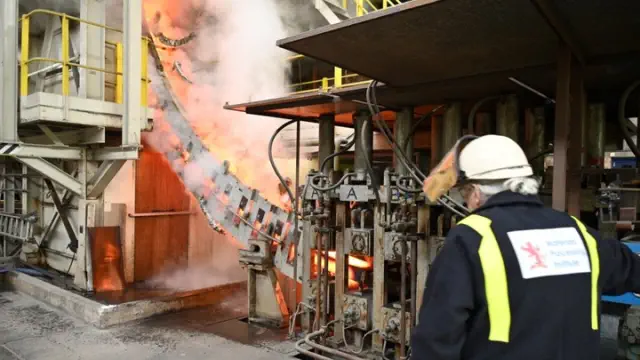
View pictures in App save up to 80% data.
Researchers at the University of South Australia have made a major breakthrough in addressing global water scarcity, according to Tech Xplore.
While more than 70% of the Earth's surface is water, most of it resides in the oceans, making it unsuitable for drinking. Currently, approximately 36% of the world's population lacks access to freshwater for a minimum of four months annually, and this figure could potentially double in the next few decades, according to Tech Xplore.
Still, the ocean blue presents an opportunity: seawater can be evaporated, stripped of the high salt content that makes it unusable, and then turned into safe, drinkable water.
Would you consider installing hydropanels for water collection on your house?
Absolutely!
I'm uncertain.
Absolutely not!
If the funding comes from the government
Select your option to view the outcomes and share your thoughts.The problem with this thermal desalination method has always been the large amount of energy it needs and the slow rate of evaporation. That's where the study's findings, published in the Advanced Materials journal, come in.
The researchers successfully increased the evaporation rate of seawater, achieving a rate that is 18.8% greater than that of pure water. Previously, seawater's evaporation rate was 8% lower than that of pure water, marking this development as a significant milestone, according to Tech Xplore.
In order to achieve this remarkable result, scientists introduced a mixture of minerals into the tank containing evaporating seawater. Professor Haolan Xu, one of the authors of the research, explained that the resulting chemical reactions involve an exchange of ions at the interface of air and water, which accelerates the evaporation process, as reported by the outlet.
In addition to the improved efficiency, the minerals are both easily accessible and affordable, which contributes to the overall convenience and cost-effectiveness of the process, Professor Xu explained to Tech Xplore.
With about 17,000 desalination plants worldwide, this breakthrough can have an immediate impact in boosting the amount of clean water available to those who need it — although there are environmental drawbacks to consider. Researchers hope to continue pushing the speed of evaporation in the future to further secure the global water supply, Tech Xplore reported.
According to Prof. Xu, as reported by Tech Xplore, "This innovative approach can be seamlessly incorporated into current evaporation-driven desalination technologies, significantly increasing the availability of clean water for billions around the globe."
Join our free newsletter for weekly updates on the latest innovations improving our lives and shaping our future, and don't miss this cool list of easy ways to help yourself while helping the planet.
Researchers make unexpected discovery while working to improve desalination: 'Highly convenient and cost-effective' first appeared on The Cool Down.










